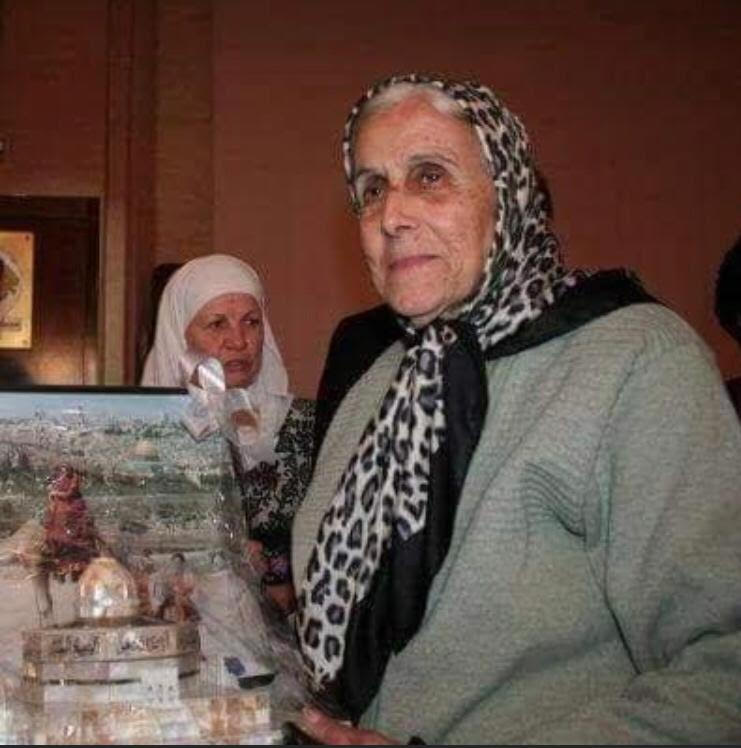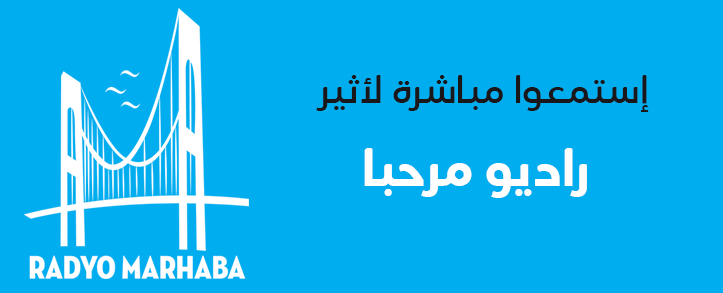- 2 شباط 2021
- مقابلة خاصة
Miss. Aliyyeh Nusseibeh passed away after a lifetime spent for the sake of Jerusalem, se was a well-known educational figure who contributed to preserving Arab education in Jerusalem, Eight years ago, Dr. Ali Qleibo held a an interview with the Miss Nusseibeh and publish it in a local magazine ” this week in Palestine”.,
We are honored in “Akhbar El Balad” to re-publish the interview
By Ali Qleibo
Miss Aliyyeh Nuseibeh is one of the key personalities who shaped the cultural and national ethos of post-Mandate Jerusalem. As a high school principal, she set high standards of education and inspired numerous generations of Jerusalemites.
Her contribution to preserving the national Arab identity of East Jerusalem by counteracting Israeli attempts to normalize life under occupation and to co-opt the educational system has been of inestimable value. To her we owe the survival of the Jordanian curriculum after the Six Day War.
Two of Jerusalem’s best girls’ schools will forever be associated with her name: El Ma’munnieh, which she headed throughout the fifties and sixties, and El Nizamieh School, which she established in defiance of Israeli attempts at normalization. After decades of indefatigable service in the field of education, she retired two years ago.
“The barbed-wire fence that divided my Jerusalem in 1948 cut through my heart … Jerusalem shrank, and my world fell apart.” El Sitt Aliyyeh, recalls, “I used to walk from our house in Wadi el Joz to my school, The Jerusalem College for Girls, in Rahabia.” (The letter “v” in Hebrew becomes a “b” in Arabic.)
“How could you walk to Rahabia? It is a long distance from Wadi el Jozz!” I was shocked.
“I had no choice. The school bus was discontinued because of increasing Jewish terrorism. They used to put bombs in buses and everywhere. I was not going to drop out of school!”
“There wasn’t much traffic then. But I was afraid.” The 86-year-old dignified lady smiled nostalgically. “I would look for other classmates; if they were ahead, I would speed up to catch up with them. If they were behind, I would slow down.”
“How did you become a teacher? In fact, how come all our relatives from the thirties took jobs as teachers?”
“In the old days, that was the only career open to women. But I became a teacher accidentally.”
I looked puzzled.
“My family had moved to Syria. Father had recently retired; he was a Turkish-language teacher. We escaped in 1948 and went to Damascus where we rented a house. Our neighbour was recruiting teachers for employment in Kuwait. I applied as a joke, was accepted, and went to work. But I could not endure estrangement and returned to Damascus and then to Jerusalem …”
“You lived in Wadi el Joz. Why did you leave? Why did people abandon the city?”
“There was a military tank that roamed Wadi el Joz at night, shooting and shelling indiscriminately. The neighbourhood slowly emptied out. People initially took night shelter in the old family homes within the walls of the old city, but after a while, they no longer returned to their homes in Wadi el Joz. We were left alone. The tank was bombing all the time. All of us gathered in my grandmother’s house, in Bab el Item. We were allotted the room facing the entrance, the one you remember as the salon …”
Her grandmother is my great grandmother Sittna Aysheh. Although she has been dead for more than thirty years, her piercing deep-blue eyes and blond braids, as she sat by the mastabeh overlooking the Dome of the Rock, will forever haunt me.
“It was overcrowded. Everyone was there. So we left for Syria.”
“How did it occur to you to create your own school?”
“There was no choice. I had to.”
“But you were the principal of El Ma’munnieh then …”
“The war broke out in June. Fortunately the schools were closed for the summer vacation, and it was the last day of Tawjihi exams (the Jordanian matriculation exam). We thought initially that the Israelis would withdraw before the new school year began … Instead we were surprised by the annexation of Jerusalem to Israel. We faced a crisis. I received a letter from the Israeli ministry of education asking me to come to resume my work. I did not respond. They sent a second to which I did not respond. This was followed by a third letter asking me to set up a meeting to coordinate the handing over of the school, to which I did not respond.” She smiled ironically. “I had seen the Israeli curriculum, which was totally anti-Arab, even in mathematics. There was absolutely no way that I would allow them to enforce their curriculum.”
El Sitt Aliyyeh was describing the era of al sumud - the period in which Palestinians actively resisted normalization of life under Israeli occupation by boycotting Israelis, which was understood as a form of active resistance.
The crisis escalated. Arab parents would not send their children to Israeli-administered schools. Experienced professional teachers would not collaborate with the Israelis.
“Something had to be done. I had no choice. We had to engage the cooperation of local private primary schools that had been licensed during Jordanian times to launch El Nizamieh School. But then I had to look for a building. Only apartment buildings existed in Sho’fat, and they were difficult to rent. Landowners were afraid that their property would be damaged once bedrooms and living rooms were converted into classrooms.”
I could see her face glow with gratification. “I had to oversee the rehabilitation of the building … the construction workers, carpenters, electricians ... It had to be done. At least two of my graduates would score the highest in the Tawjihi exams. King Hussein would honour the top-ten achievers. I would escort my students through the Allenby Bridge for this occasion ... ”
For many, the cosmopolitan, post-Mandate generation of Palestinians that was dedicated to educational advancement has become a vague memory. El Sitt Aliyyeh’s work was made possible through the cooperation and goodwill of innumerable Palestinians in the Jordanian ministry of education and the Jordanian government.
Working within the context of Husni el Ashab, Miss Nuseibeh fought to keep the Jordanian curriculum and Arab identity of the educational system. The Israelis eventually gave up the project of forcing their curriculum on East Jerusalem. The Palestinian curriculum has supplanted the Jordanian. The contribution of Miss Aliyyeh Nuseibeh marked a turning.



